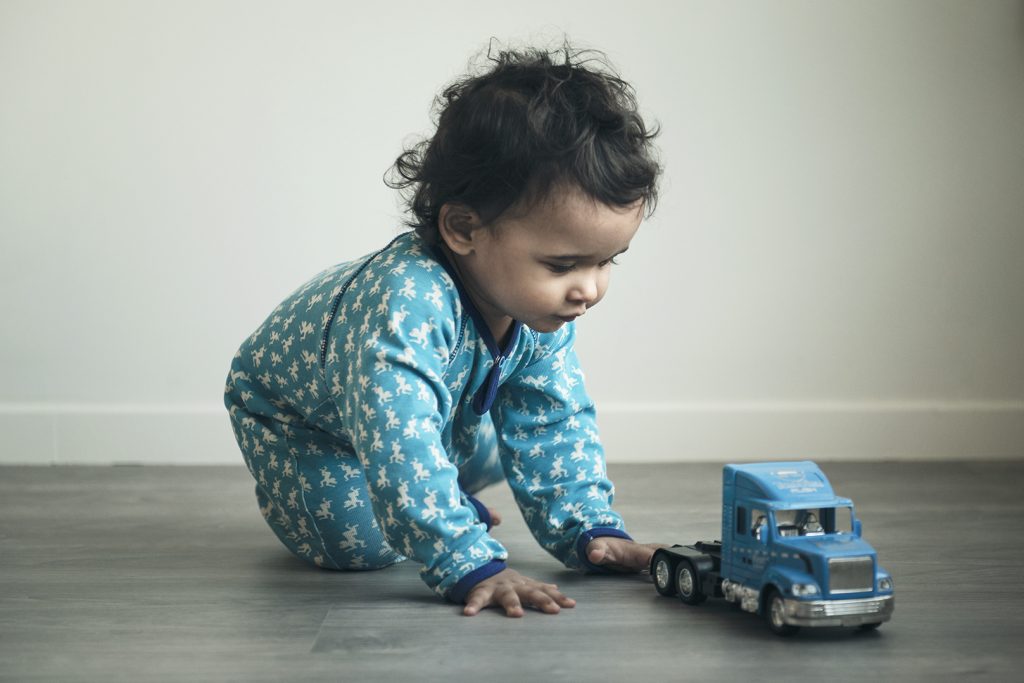Families across England are set to make history as they join the first new national birth cohort study of babies to be launched in more than two decades, at a time of huge significance for the country as it emerges from the COVID-19 pandemic.

The study will be led by UCL researchers in partnership with Ipsos and the universities of Cambridge and Oxford and Birkbeck, University of London. Tens of thousands of letters are now being sent out across the country to more than 8,000 parents and their babies, inviting them to take part in the nationally representative “Children of the 2020s” study.
Commissioned by the Department for Education (DfE), the study will follow children during the first five years of their lives, and potentially beyond, shedding new light on the factors that can influence their development in the early years.
The evidence gathered will answer important scientific and policy questions, which will help inform decisions about early years and childcare services and improve the lives of families with young children in England.
With their babies now nine months old, the families randomly selected to take part will soon be visited by the study’s interview team, starting from next week, to answer questions about their child’s development, family circumstances and their own lives.
Study director, Professor Pasco Fearon (UCL Psychology & Language Sciences and the University of Cambridge) said: “We are extremely excited to start meeting with families next week for the first new birth cohort study of babies in England since the millennium.
“More than 75 years ago, the first British birth cohort study, which is housed at UCL, was launched to track the lives of babies born just after the war. And now, Children of the 2020s will provide vital evidence about the early years as families navigate their way out of the COVID-19 pandemic and through the cost of living crisis.”
Funded initially for five years, parents will be asked about their child’s development, their neighbourhood and family context, family structure, health and mental health, the home learning environment, and formal and informal childcare provision and preschool education.
Between the surveys, the research team will invite parents to use a smartphone app to log their baby’s language and development, while receiving news and tips from the team of experts.
With parents’ consent, routine administrative data, held by government departments, such as family health, educational and social care records, will be linked to their survey data, enabling researchers to gain a more detailed picture of participants’ lives.
More information is on the UCL website, here.
